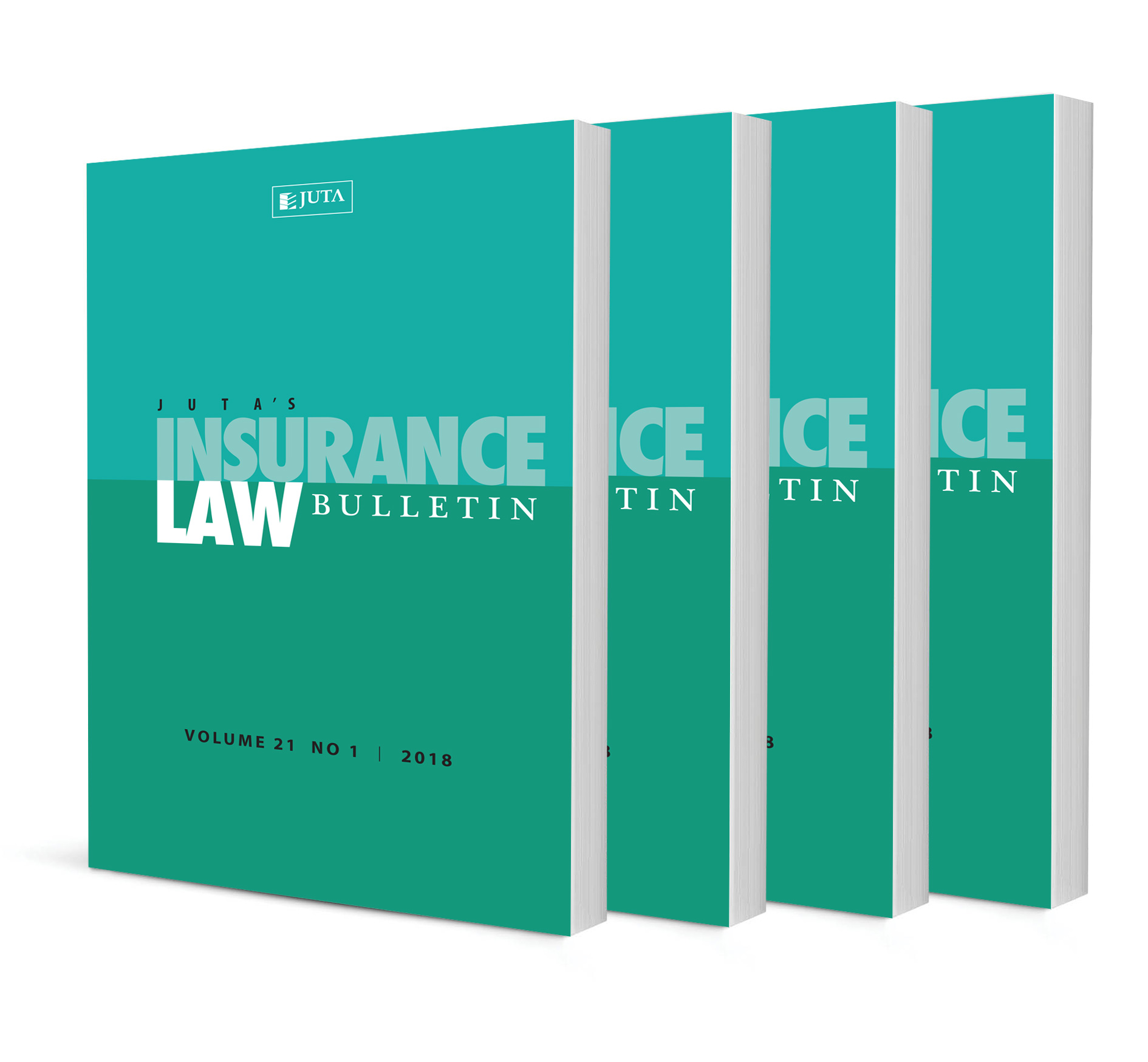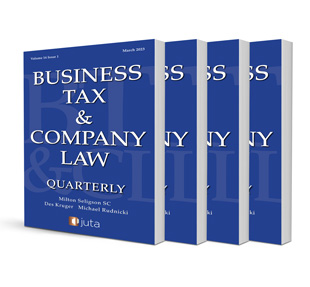Abstract
The understatement penalty (‘USP’) provisions were introduced in the Tax Administration Act in 2011 (‘the TAA’) with effect from 1 October 2012. These
provisions stipulate, amongst other things, when the South African Revenue Service (‘SARS’) may impose understatement penalties, when no penalties may be imposed, how the penalty must be calculated and when penalties imposed must be remitted. In particular, the USP rules require there to be an ‘understatement’, as defined in section 221 of the TAA. However, where an understatement arises from a ‘bona fide inadvertent error’, no penalty may be imposed. This term is not defined and has accordingly been the subject of many disputes between taxpayers and SARS, resulting in the term being considered by the tax court, the Supreme Court of Appeal (‘SCA’) and currently the Constitution Court, as discussed in this article. While SARS adopts a narrow view of what constitutes a bona fide inadvertent error, the SCA held in CSARS v The Thistle Trust (Thistle) that SARS was not entitled to levy an understatement penalty because the taxpayer made an error, but did so in good faith and acted unintentionally. In Commissioner for the South African Revenue Service v Coronation Investment Management SA (Pty) Ltd (Coronation), the SCA held that the understatement arose from a bona fide inadvertent error because it resulted from the taxpayer relying on a tax opinion from a tax practitioner.
The TAA also stipulates that the burden of proof is on SARS in respect of the facts on which SARS bases the imposition of an understatement penalty. The onus of proof has similarly been the subject of case law, resulting in a clearer understanding of the requirements that SARS has to meet in imposing understatement penalties. In terms of Purlish Holdings (Pty) Ltd v The Commissioner for the South African Revenue Service (Purlish Holdings) and Enviroserv Waste Management (Pty) Ltd v The Commissioner for the South African Revenue Service (Enviroserv), SARS must show not only that the taxpayer committed the conduct envisaged in the definition of ‘understatement’ (e g, an incorrect statement in a return), but also that such conduct resulted in prejudice suffered by SARS or the fiscus. Furthermore, it was held in Purlish Holdings that ‘prejudice’ is not limited to financial prejudice.



